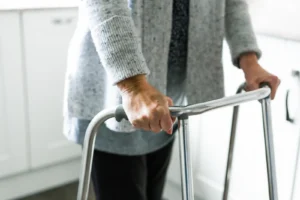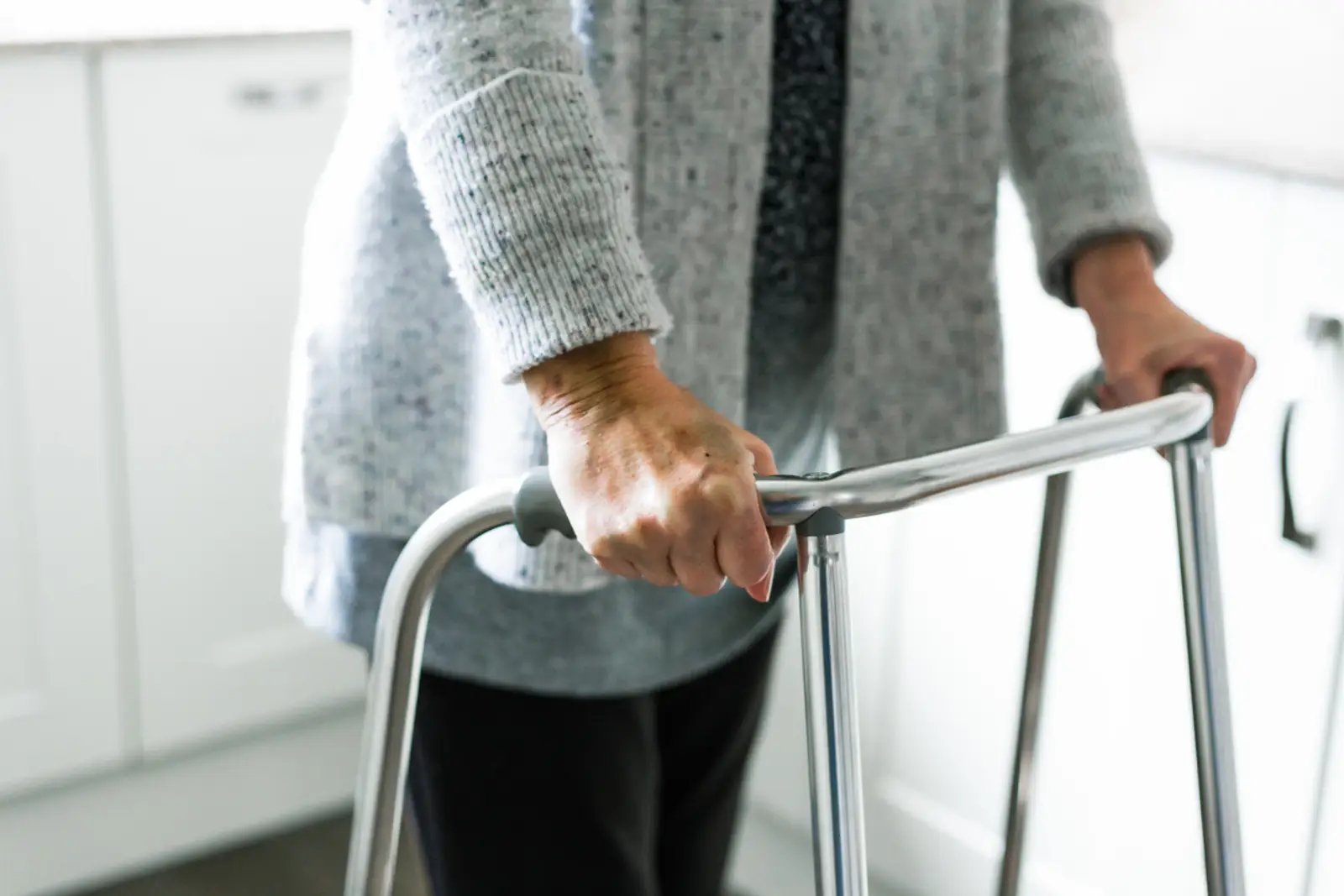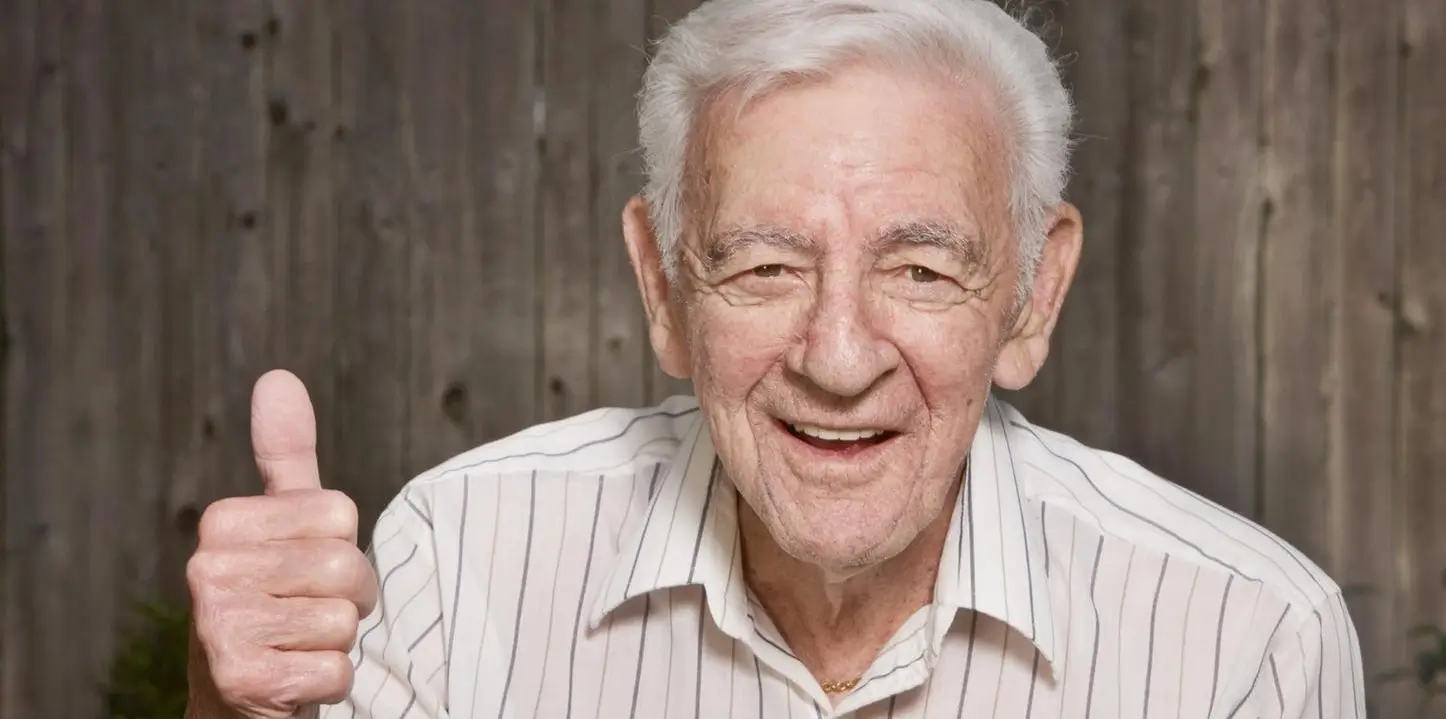Recovery after surgery can be challenging and delicate, especially for seniors. Aging bodies often take longer to heal, and the risk of complications increases. At Compassion Senior Care, we understand that a smooth transition from hospital to home is vital to a senior’s recovery. With the right support and care, seniors can recover safely and comfortably in the familiar environment of their homes.
In this guide, we’ll discuss the key aspects of post-surgery care for seniors and provide actionable steps to ensure a successful recovery.
1. Creating a Safe and Comfortable Recovery Environment
The first step in ensuring a smooth post-surgery recovery is setting up a safe and comfortable environment at home. Here are some practical tips:
- Clear Pathways: Remove clutter, loose rugs, and other tripping hazards.
- Accessibility: Ensure that frequently used items (medications, water, and phones) are within easy reach. Consider installing grab bars in bathrooms and along stairways.
- Comfortable Rest Area: Seniors will need plenty of rest, so ensure their beds are comfortable and located in an accessible area. Consider moving the bed to the ground floor to avoid stairs.
2. Managing Medication and Pain Relief
Post-surgery recovery often involves a strict medication schedule. Seniors may have difficulty keeping track of their medications or remembering when to take them, especially if they are on multiple prescriptions.
- Medication Reminders: A professional caregiver can help manage medication schedules, ensuring that pain medications and other essential drugs are taken on time.
- Managing Side Effects: Some medications may cause side effects such as drowsiness or nausea. Monitoring for adverse reactions and informing the healthcare provider if issues arise is crucial.
3. Monitoring for Post-Surgery Complications
After surgery, it’s essential to watch for signs of complications, including infection, blood clots, or adverse medication reactions. Here are some common signs to monitor:
- Fever or Chills: This could indicate an infection.
- Excessive Swelling or Redness: Swelling at the surgery site is expected, but excessive swelling or redness could indicate an issue.
- Shortness of Breath or Chest Pain: These could be signs of a blood clot and should be treated as a medical emergency.
A trained caregiver who can regularly monitor the senior’s condition and quickly respond to any signs of complications can be a life-saving measure.
4. Supporting Physical Mobility and Rehabilitation
After surgery, seniors may experience limited mobility or need physical therapy to regain strength. Assistance with mobility can prevent falls, reduce pain, and speed up recovery.
- Assistive Devices: Caregivers can help seniors safely use walkers, canes, or wheelchairs. Ensuring that these devices are properly adjusted for height and comfort is critical.
- Physical Therapy: For seniors requiring rehabilitation, caregivers can assist with prescribed exercises and help transport them to physical therapy appointments.
5. Nutrition and Hydration for Recovery
Good nutrition plays a significant role in recovery. Depending on the type of procedure and their general health, seniors may have different dietary needs post-surgery.
- Balanced Diet: A caregiver can prepare nutritious meals that promote healing, including foods rich in protein, vitamins, and minerals.
- Hydration: Proper hydration is vital to recovery, especially if the senior takes medications that cause dehydration.
6. Emotional Support and Companionship
Surgery can take a toll on a senior’s emotional well-being, causing feelings of anxiety, loneliness, or even depression. Compassionate care and companionship are crucial during this time.
- Emotional Check-ins: Regular conversations and emotional check-ins can help seniors feel supported.
- Encouraging Positive Outlook: Caregivers can help engage seniors in light activities, hobbies, or gentle exercise, boosting their mood and helping them stay optimistic about recovery.
7. Transportation and Follow-Up Appointments
Follow-up medical appointments are essential for monitoring recovery progress. However, seniors may be unable to drive or move comfortably post-surgery.
- Safe Transportation: A caregiver can provide transportation to and from medical appointments, ensuring seniors never miss an important check-up.
- Coordinating Appointments: Caregivers can help coordinate appointments, ensuring that all post-surgery care, including doctor visits and physical therapy, is organized and timely.
Conclusion: The Role of Compassion Senior Care in Post-Surgery Recovery
Post-surgery care for seniors requires a comprehensive approach, focusing on physical, emotional, and medical support. At Compassion Senior Care, our dedicated caregivers work closely with families and healthcare professionals to create personalized care plans that ensure a smooth recovery at home.
From managing medications to providing companionship, our team is here to assist seniors every step of the way, allowing them to heal safely, comfortably, and with dignity in the comfort of their own home.
For more information on how we can support your loved one’s recovery after surgery, contact us today to discuss personalized care options.












